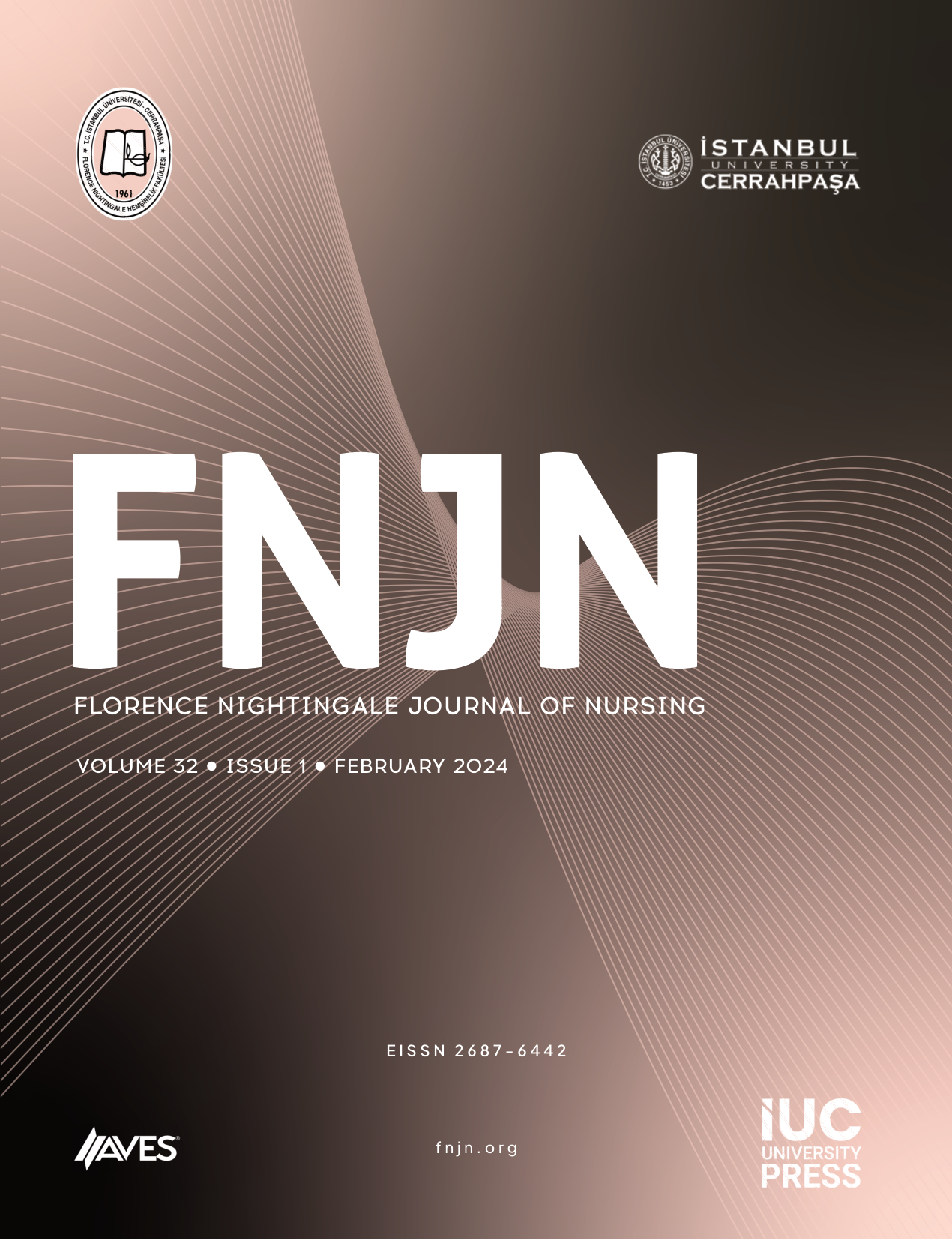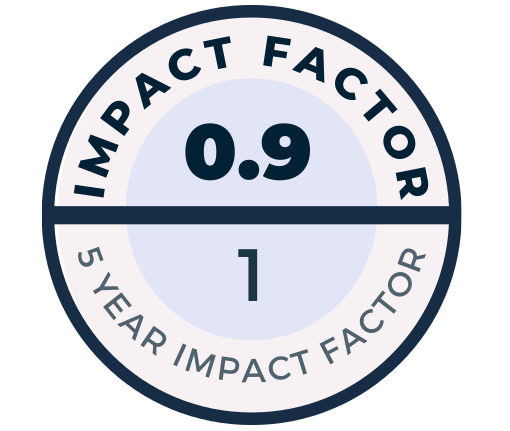Aim: The study was conducted for the purpose of determining the life quality of the women with urinary incontinence as well as the health-seeking behaviors of women.
Method: Samples of the study consisted of 292 women with urinary incontinence, aging 20 and above, living in Bagcilar, Istanbul from November 2011 to February 2012. Data were collected by home visits and by the method of interviewing, using questionnaire form, Urogenital Distress Inventory – UDI and Incontinence Impact Questionnaire- IIQ to determine socio-demographical attributes, gynecological and obstetrical histories, general health status and health seeking behaviors of women against urinary incontinence.
Results: It was found that more than half of women aging 38,55±13,44 on the average suffered from urinary incontinence for about 3 years and 66,4% never consulted a physician with complaint of urinary incontinence. It was determined that women did not used to participate in out-of-home social activities and felt sense of frustration (disappointment) intensely because of urinary incontinence. From IIQ-7 scale sub-dimensions, the mean of their social activity/relations scores was determined as 18,57±10,08 and the mean of IIQ-7 emotional health scores as 29,19 ±21,46. It was found that Postmenopausal women experience complaint of urinary incontinence more often than premenopausal women and their life quality is more adversely affected (p>0.05).
Conclusion: It was found in the study that, although more than half of women has been suffering from urinary incontinence for about 3 years and their life quality has been affected adversely, the rate of consulting a physician has been low. Early detection of urinary incontinence and guidance to treatment are important. It is among the midwifes’ and nurses’ primary responsibilities in women health promotion to prevent development of urinary incontinence and to play an active role in treatment of women having such problem.




